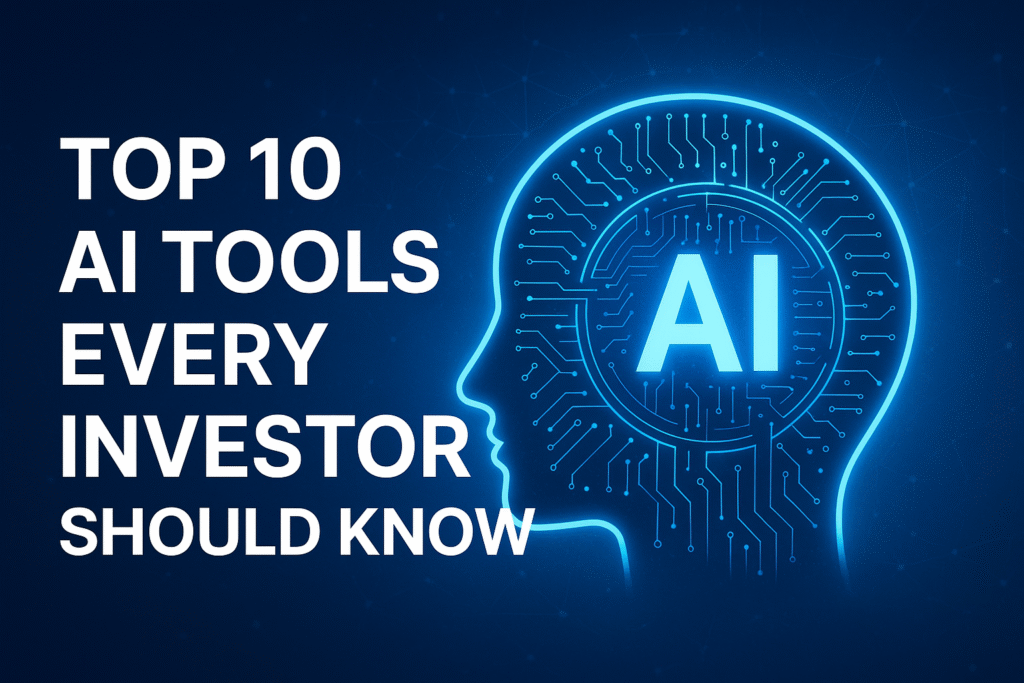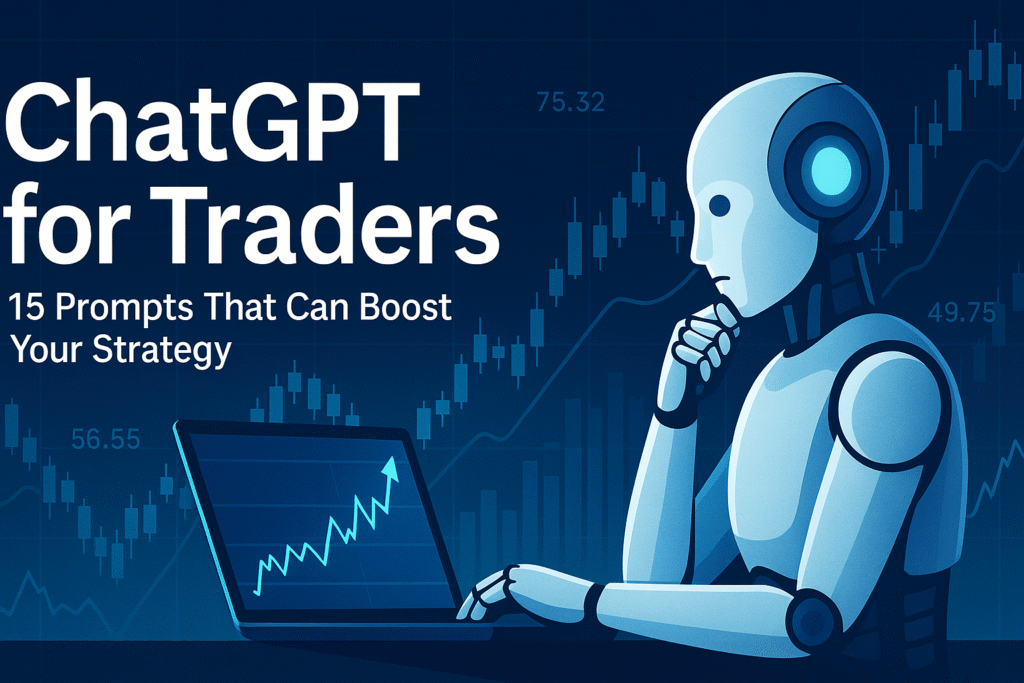Artificial Intelligence is no longer just a buzzword — it’s becoming the backbone of how people manage, save, and grow their money.
In 2025, AI isn’t just for Wall Street analysts or big corporations; it’s now in your banking app, your budgeting tool, and even your credit card.
From smarter savings decisions to personalized investment advice, here’s how AI is transforming personal finance and changing the way we interact with money.
1. Personalized Financial Planning Like Never Before
Gone are the days of one-size-fits-all budgeting.
AI-driven platforms can now analyze your spending, income, and goals to build a custom financial plan in seconds.
Apps like Monarch Money and Cleo AI use natural language and predictive analytics to guide you through your finances — telling you not only where your money went, but where it should go next.
💡 Example:
Instead of just showing that you spent $250 dining out, your AI assistant might say:
“If you cut that in half next month, you’ll save enough to pay off your credit card two months sooner.”
That’s financial coaching on autopilot.
2. AI Budgeting Tools That Learn From You
Modern budgeting tools powered by AI adapt over time.
They learn your lifestyle patterns — like when you tend to overspend — and adjust recommendations accordingly.
These platforms no longer just categorize expenses. They predict future cash flow, remind you of upcoming bills, and can even negotiate better deals automatically.
🧠 For instance:
- Rocket Money can cancel unused subscriptions with one tap.
- Plum and Digit automatically save small amounts when your spending is low.
It’s like having a 24/7 accountant who never sleeps.
3. AI in Credit and Loan Management
Banks and lenders now rely on AI to make smarter lending decisions — and you can use the same tech to manage your credit proactively.
AI-based credit apps monitor your score daily and can simulate how your actions affect it.
For example:
“If you pay $200 extra on your credit card this month, your FICO score could increase by 12 points.”
Fintechs like Upstart use machine learning to approve loans faster with lower risk, often giving better rates to responsible borrowers who don’t have a perfect credit history.
💰 The result: Access to credit becomes fairer, faster, and more transparent.
4. Smarter Investing for Everyone
Artificial intelligence is reshaping how people invest — from automated portfolios to real-time sentiment analysis.
Platforms like Betterment, Wealthfront, and SoFi Invest use AI to build personalized portfolios based on your risk tolerance, goals, and time horizon.
And with AI-driven trading signals, even small investors can spot opportunities once reserved for professionals.
📊 AI in investing enables you to:
- Diversify automatically.
- Rebalance your portfolio based on market conditions.
- Get predictive insights about sectors likely to perform well.
(Related: Top 5 Stocks to Watch in 2025)
5. Fraud Detection and Security Reinvented
One of the most critical roles of AI in personal finance is security.
AI-powered fraud detection systems now monitor transactions in real time — learning your spending habits and flagging anything suspicious within milliseconds.
Banks like Chase, Capital One, and American Express use deep learning models that adapt constantly, catching fraud before you even notice it.
🔒 Example:
If you always buy gas in Miami and suddenly there’s a $300 charge in Paris, AI alerts you before the transaction even posts.
That’s a level of protection humans alone could never provide.
6. AI Assistants for Everyday Finance
Voice-enabled financial assistants are the new normal.
Imagine saying:
“Hey Cleo, how much can I spend on groceries this week?”
and getting a response tailored to your goals, bills, and current cash flow.
These assistants can even make transfers, schedule payments, and analyze your financial behavior over time — making personal finance feel conversational and intuitive.
7. Predictive Analytics for Life Goals
Planning for the future used to mean guesswork. Now, predictive AI models can calculate exactly how much you’ll need to retire comfortably, buy a home, or start a business.
They simulate thousands of financial scenarios, helping you see how today’s choices affect your long-term goals.
🚀 Insight:
If you’re saving for retirement, AI can forecast:
“At your current savings rate, you’ll hit your target at 63. Increase contributions by 5%, and you’ll retire at 59.”
That’s precision planning — not guesswork.
Final Thought
AI isn’t replacing human financial wisdom — it’s amplifying it.
By turning complex data into personalized insights, it helps everyday people make smarter financial decisions effortlessly.
The future of money management isn’t cold or robotic — it’s intelligent, automated, and built around you.
(Also read: 10 Smart Ways to Save Money Without Feeling Restricted)


Pingback: How to Start a Profitable Side Hustle in 2025
Pingback: Top 10 AI Tools Every Investor Should Know in 2025
Pingback: AI money-making tools for beginners